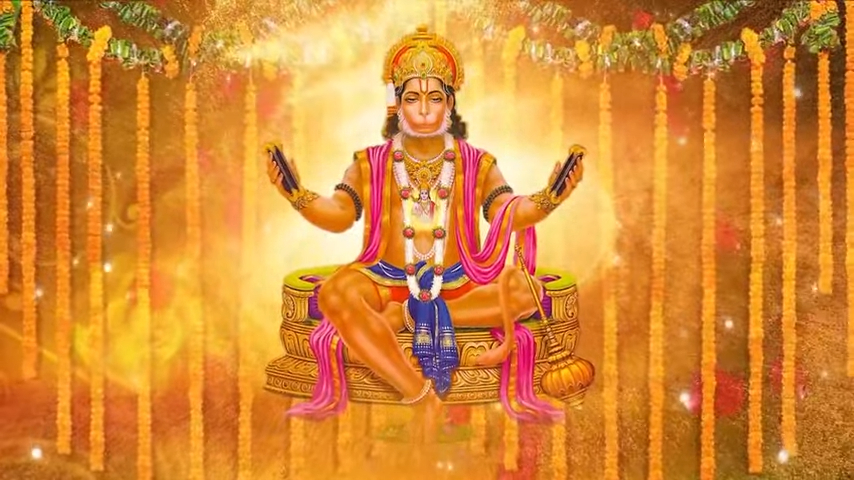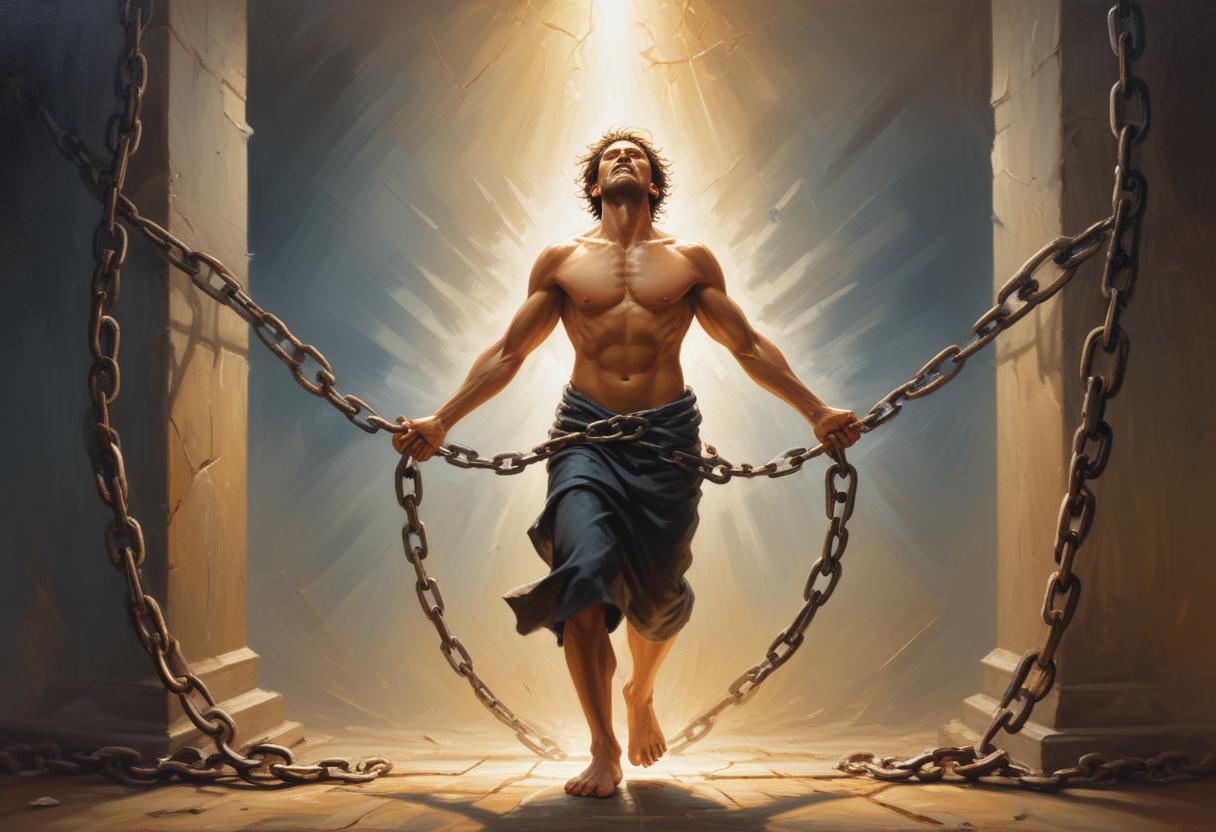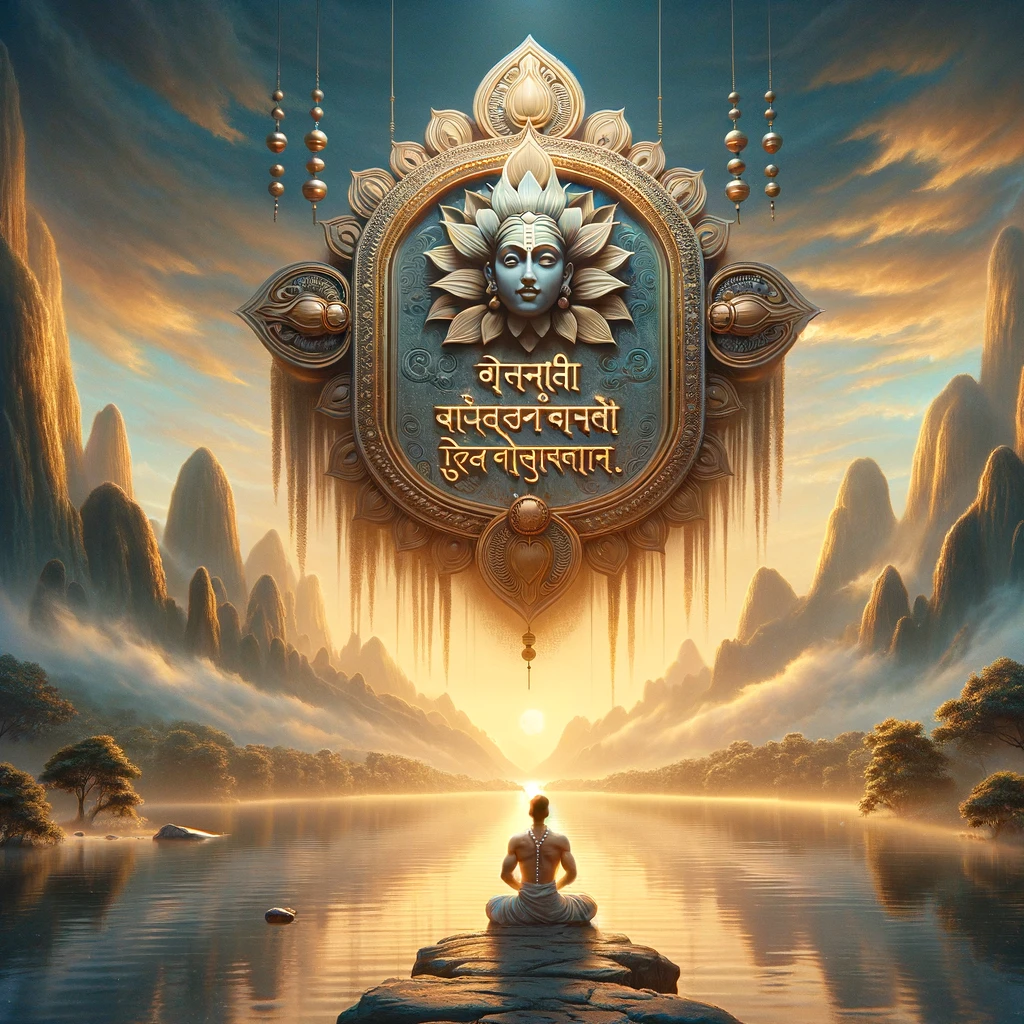
Hanuman Jayanti, also known as Hanuman Janmotsav, is a significant Hindu festival celebrated to commemorate the birth of Lord Hanuman, the mighty monkey god known for his devotion, strength, and loyalty. This auspicious day falls on the full moon day (Purnima) of the Hindu lunar month of Chaitra, which usually corresponds to March or April in the Gregorian calendar. Hanuman Jayanti is celebrated with great enthusiasm and devotion across India and in many parts of the world where Hindu communities reside.
ये भी पढें
Hanuman Jayanti Wishes and Quotes: Share on whatsapp and telegram
हनुमान जयंती 2024: महत्व, महत्वपूर्णता और त्योहार कैसे मनाए जाते हैं | Hanuman Jayanti
Hanuman Jayanti: How to achieve success through Hanuman Chalisa ?
Why is Hanuman Jayanti Celebrated?
Hanuman Jayanti holds immense spiritual significance for devotees of Lord Hanuman. According to Hindu mythology, Hanuman is believed to be an incarnation of Lord Shiva and a devoted disciple of Lord Rama. He played a crucial role in the epic Ramayana, aiding Lord Rama in his quest to rescue his wife, Sita, from the demon king Ravana. Hanuman’s unwavering devotion, unparalleled strength, and selfless service to Lord Rama make him one of the most revered deities in Hinduism.
Hanuman Jayanti is celebrated to honor and worship Lord Hanuman, seeking his blessings for strength, courage, and protection from evil forces. It is believed that worshipping Hanuman on this day helps devotees overcome obstacles and challenges in life.
How is Hanuman Jayanti Celebrated?
Hanuman Jayanti is celebrated with various rituals and customs that vary across regions in India. The celebrations usually begin early in the morning with devotees visiting Hanuman temples to offer prayers and seek blessings. Many devotees observe a fast on this day and perform special rituals at home or in temples.
One of the most common rituals on Hanuman Jayanti is the recitation of the Hanuman Chalisa, a devotional hymn composed by the saint Tulsidas in praise of Lord Hanuman. The Hanuman Chalisa is believed to have great power and is recited by millions of devotees daily to seek Hanuman’s blessings.
In some regions, devotees also organize processions known as “Hanuman Jayanti Shobha Yatras,” where an idol or image of Lord Hanuman is taken out in a procession, accompanied by chanting of hymns and devotional songs. The procession often culminates in a public gathering where stories from the Ramayana and the greatness of Lord Hanuman are narrated.
How is the Pooja Done?
The Hanuman Jayanti pooja is performed with utmost devotion and reverence. The pooja typically includes the following steps:
- Cleaning the House: Before starting the pooja, the house is cleaned and decorated with flowers and rangoli (decorative designs made with colored powders) to welcome Lord Hanuman.
- Setting Up the Altar: A small altar or platform is set up with a picture or idol of Lord Hanuman. The altar is decorated with flowers, garlands, and incense sticks.
- Offerings: Devotees offer various items to Lord Hanuman, including flowers, fruits, sweets, and incense. Some also offer special items like betel leaves, coconut, and sesame oil lamps.
- Recitation of Mantras: The Hanuman Chalisa and other Hanuman bhajans (devotional songs) are recited with devotion. The recitation is believed to invoke the blessings of Lord Hanuman.
- Aarti: The pooja concludes with the singing of the Hanuman aarti, a hymn praising Lord Hanuman’s greatness and seeking his blessings.
ये विडियो भी देखें
वीडियो: Live हनुमान मंदिर सीपी कनॉट प्लेस दिल्ली | Hanuman Jayanti | Hanuman Mandir CP
Video Kaushik Ji Maharaj: मंगलवार को सुनें यह अद्भुत हनुमान कथा
Importance and Significance of Hanuman Jayanti
Hanuman Jayanti holds immense significance in Hinduism for several reasons:
- Symbol of Strength and Devotion: Lord Hanuman is revered for his immense strength, unwavering devotion to Lord Rama, and selfless service. His life is a symbol of loyalty, courage, and dedication.
- Protector from Evil Forces: Worshipping Hanuman is believed to protect devotees from evil forces, black magic, and negative energies. He is also worshipped to overcome obstacles and challenges in life.
- Role Model for Devotees: Hanuman’s devotion and loyalty towards Lord Rama serve as a source of inspiration for devotees to lead a righteous and virtuous life.
- Unity and Harmony: Hanuman Jayanti brings people from different communities and backgrounds together in devotion and celebration, promoting unity and harmony.


